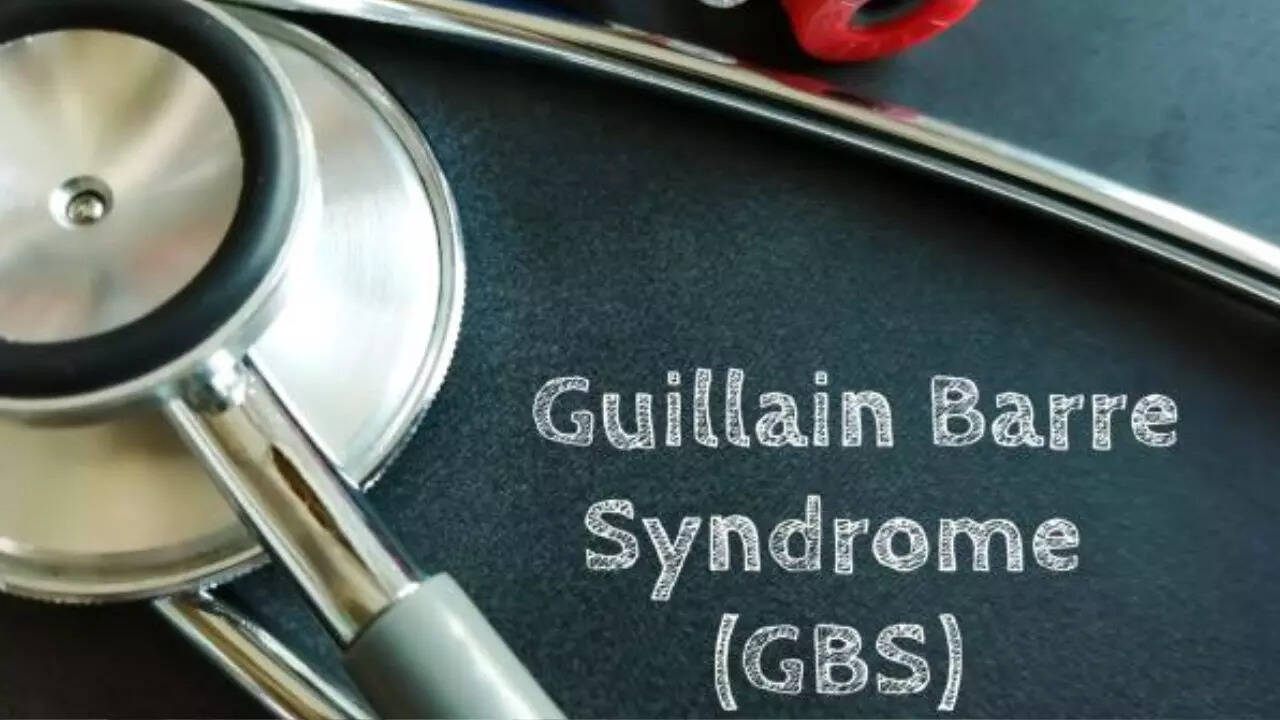
The fires in L.A. County have caused widespread anxiety and grief for thousands of residents.
And that can be particularly difficult for people in recovery from addiction — and it puts them at increased risk of relapse, experts say. The stress of the evacuations and ongoing loss can cause underlying mental health issues to flare up. Certain support groups and sobriety programs may be stalled — or their participants scattered — because of the fires.

So people and programs have to work extra hard to keep those connections, or make new ones in times of crisis. “It’s so critical to help to connect them with those support systems that would help continue in their sobriety and healing journey,” Melissa Brymer, director of terrorism and disaster programs at the UCLA–Duke National Center for Child Traumatic Stress , told LAist. Suzy Herbert, director of clinical and peer-support services with the L.
A.-based Self-Help And Recovery Exchange (SHARE!), said she personally used to go to recovery group meetings at the Pacific Palisades Women’s Club. That women’s center was destroyed in the Palisades Fire.
Herbert said SHARE! has added five disaster support groups for those impacted by the fires and that staff are in the process of getting trained so they know what to look for when it comes to fire-specific trauma. “We’re here, we’re not going anywhere. And when people are ready to pick up the pieces, we’re going to be here for them,” Herbert said.
Her group is also offering physical space for recovery groups that have been displaced by the fires. Melissa Hawkins, clinical supervisor at the Betty Ford Center , said she’s talked with patients in recovery who had the added stress of finding out their homes or families were in danger. “So they’re here in treatment feeling helpless, feeling powerless.
Our team has worked very hard to encourage them, when appropriate, to remain in treatment,” Hawkins said. She added that people in recovery should remember that they are already survivors. “They are highly resilient individuals," Hawkins said.
"And so, just tapping into that resiliency and that perseverance. And knowing that they can get through this." Resources for people in recovery: L.
A. County’s Substance Abuse Service Helpline : (800) 854-7771, select option 2 The group SHARE!, located in Culver City and Downtown Los Angeles, is offering disaster support groups for people affected by the fires . SHARE! is also offering free meeting space for 12-step groups displaced by the fires.
SAMHSA (Substance Abuse and Mental Health Services Administration) has a National Helpline for people seeking help with substance use. (800) 662-HELP (4357) FindTreatment.gov allows people to enter their zip code to find local treatment centers and support.
The Mental Health Association of San Francisco has a 24/7 California Peer-Run Warm Line : (855) 600-WARM.














